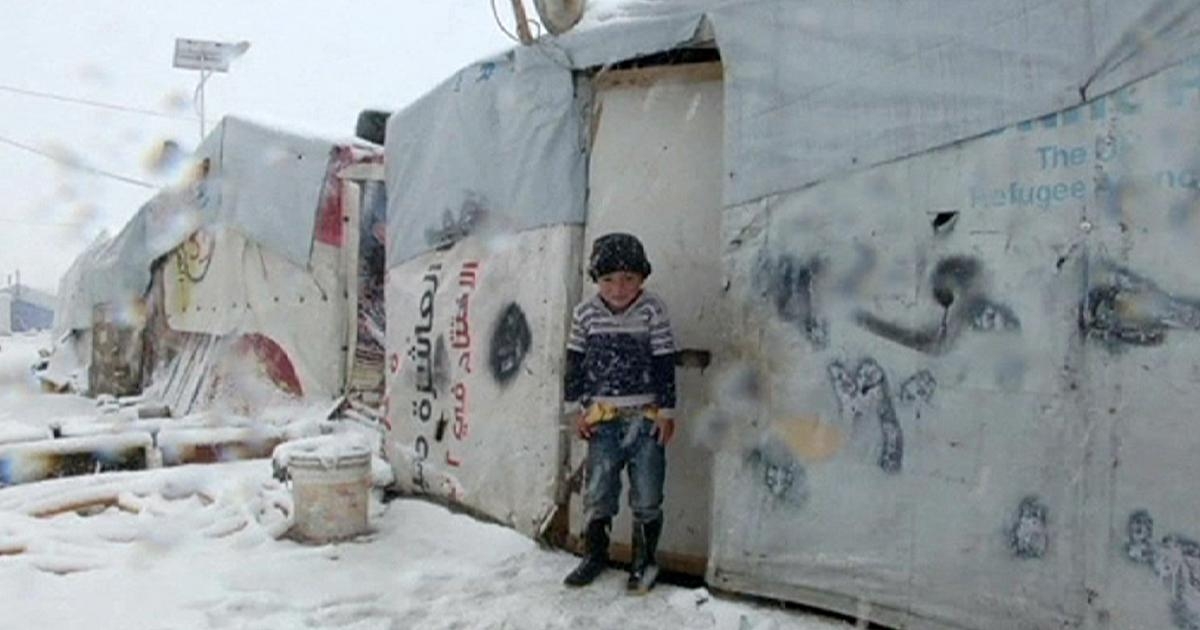
06 Feb 2015
Fifty-four countries have participated in a preparation session for the World Humanitarian Summit (WHS), to be held in May 2016. This pre-summit was called a ‘regional conversation’, and was held in Budapest, Hungary. The World Humanitarian Summit next year will be the biggest of its kind, the first of this size and scope, its organisers say. Meanwhile, in makeshift shelters in Deir Zanoun, Lebanon, refugees from Syria are shuddering in the winter cold. For them even to get into the country neighbouring theirs has become harder. Now there is no more free passage, as visas have been required to cross the border, since January. Beirut prefers to call these people ‘displaced persons’, and cannot afford to shelter so many, the numbers have grown so great. At the meeting in Budapest, the UN Emergency Relief Coordinator Valerie Amos focused on banditry in Syria. She told euronews: “It’s a desperate, desperate situation. I think it is important that the violations of international humanitarian law that we are seeing are dealt with. We need greater accountability. We are seeing a situation where medical supplies are being taken out of our humanitarian convoys. This is an absolute scandal! People are in desperate need of medical attention, across the country.” The Red Cross and Red Crescent Societies’ Secretary General Elhadj As Sy seemed to draw lines between naturally occurring disasters and those that are man-made and preventable: “All those crises… the origin is not a humanitarian catastrophe, it has a political origin. So we are here as humanitarians responding to the consequences of crises of different natures. So, we call also for political solutions and leadership to address those problems, so that we have less and less of those crises.” Syrians have been fleeing their country since 2011. The neighbouring states have increasingly enforced or are studying hardline policy to cope with the influx pressures across the region. Some four million Syrians have been officially registered as refugees. More than two million of them are in Lebanon, Jordan, Irak and Egypt, but mostly in Lebanon. Turkey, which will host the summit in 2016, reports it has more than 1.6 million Syrians seeking safety. Some have sought refuge in North African countries. A senior WHS official in the Hungarian capital said that, “Even though donors are generous, we have a widening gap between the needs and available resources.”

 عربي
عربي